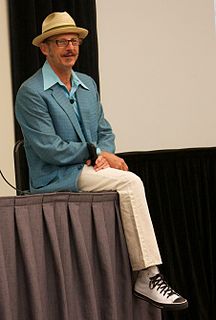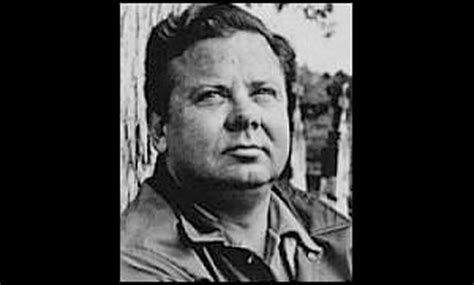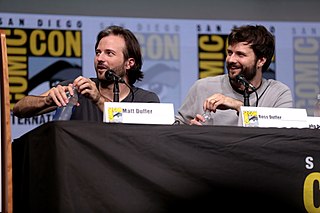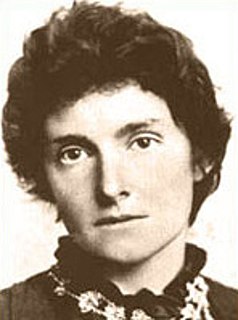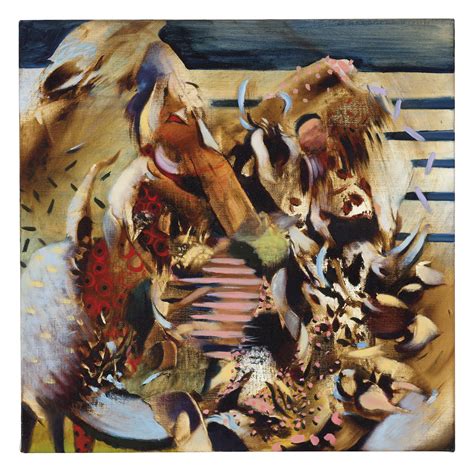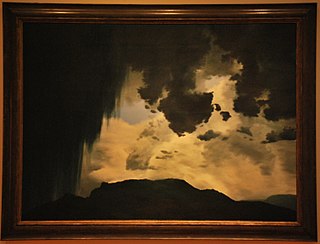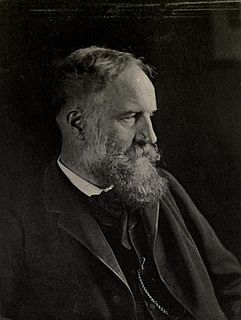A Quote by William Cowper
The things that mount the rostrum with a skip, And then skip down again, pronounce a text, Cry hem; and reading what they never wrote Just fifteen minutes, huddle up their work, And with a well-bred whisper close the scene!
Related Quotes
...what I enjoy in a narrative is not directly its content or even its structure, but rather the abrasions I impose upon the fine surface: I read on, I skip, I look up, I dip in again. Which has nothing to do with the deep laceration the text of bliss inflicts upon language itself, and not upon the simple temporality of its reading.
If you're writing a song, you have to write something that can be understood serially. When you're reading a poem that's written for the page, your eye can skip up and down. You can see the thing whole. But you're not going to see the thing whole in the song. You're going to hear it in series, and you can't skip back.
When I started driving our old four-door green DeSoto, I always took Skip on my trips around town. I would get Skip to prop himself against the steering wheel, his black head peering out of the windshield, while I crouched out of sight under the dashboard. Slowing the car to ten or fifteen, I would guide the steering wheel with my right hand while Skip, with his paws, kept it steady. As we drove by the Blue Front Café, I could hear one of the men shout: "Look at that ol' dog drivin' a car!"
Years ago, I heard an interview with violinist Yehudi Menuhin. The interviewer said, "Do you still practice?" And he said, "I practice every day." He said, "If I skip a day, I can hear it. If I skip two days, the conductor can hear it. And if I skip three days, the audience can hear it." Oh, yes, you have to keep that muscle firm.
You can't just skip the boring parts." "Of course I can skip the boring parts." "How do you know they're boring if you don't read them?" "I can tell." "Then you can't say you've read the whole play." "I think I can live a happy life, Meryl Lee, even if I don't read the boring parts of The Tragedy of Hamlet, Prince of Denmark." "Who knows?" she said. "Maybe you can't.
I didn't mind writing incoherently, up until about 1980, occasionally. But after that, I decided, might as well be articulate. And I found, though, that writing poetry affected my prose to the point where I never again wrote in one draft, and my prose just took longer and longer and longer. It took longer and longer to come up with an acceptable text. And that's probably one of the reasons that my output has slowed down.




